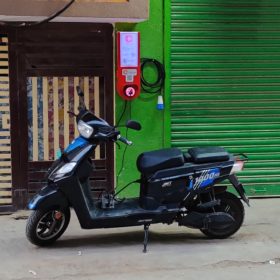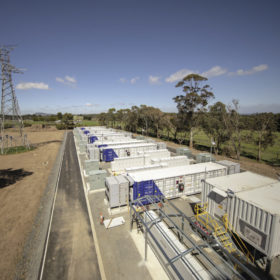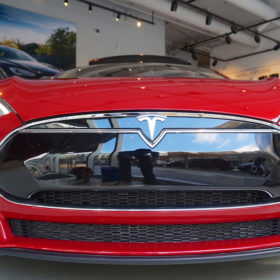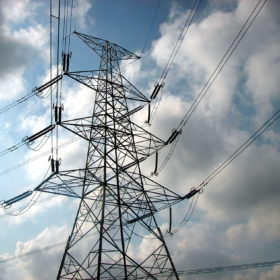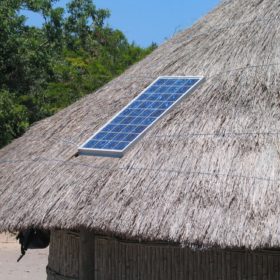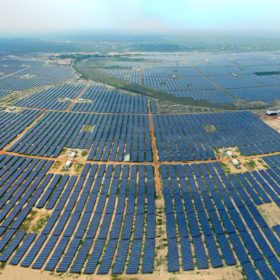Startup launches cheapest EV charger, plans to install 100,000 units in a year
Having bagged orders for 470 chargers in pilot stage itself, Bengaluru based electric scooter startup FAE Bikes plans to aggressively expand its IOT enabled EV charging network. The chargers—costing just Rs 10,000—can be set up anywhere including small shops and homes with standard power supply.
Solar powered portable cold storage, grid monitoring system among winners of Social Alpha Energy Challenge 2.0
The winning startups will receive lab-to-market incubation support at the Clean Energy International Incubation Centre (CEIIC), which has been set up by the not-for-profit platform Social Alpha with support from Government of India and Tata Trusts in Delhi.
Coronavirus could cost Chinese battery makers 26 GWh of output
WoodMac analysts say the amount of new battery manufacturing capacity added in the nation this year could fall by as much as 10% because of the outbreak. With Tesla’s Shanghai gigafactory affected by the extended new-year-holiday shutdown, the analyst warned of potential supply shortages for Australia and the U.S. and U.K.
Energy density advances and faster charging would unlock EV revolution
With electric vehicles making up only 3% of the global car market last year, analyst WoodMac says battery packs need to be cheaper and lighter and range anxiety must be addressed to change the habits of drivers.
Qatar Investment Authority buys 25.1% stake in Adani Electricity Mumbai
The total QIA investment in AEML is Rs 3220 crore (US$ 452 million), which includes equity consideration of Rs 1210 crore (US$ 170 million) and shareholder subordinated debt of Rs 2010 crore (US$ 282 million).
India’s lithium-ion battery imports increase fourfold in two years
China, Hong Kong and Vietnam are the top three nations exporting batteries to India. Chinese imports were worth $773 million in the last fiscal year with Hong Kong shipping $267 million worth and Vietnam $114 million, according to the Ministry of Commerce.
Clarify basic customs duty on solar modules as Change in Law, NSEFI writes to SECI
Solar cells and modules will continue to attract zero basic customs duty unless exemption notification 24/2005, dated March 1, 2005 is amended to reflect the 20% increase by Ministry of Finance, said the lobby group.
Decoding the Adani-Total solar deal
While the stake sale in solar portfolio will allow Adani to carry out its contracted pipeline efficiently, it could also mean commercial & industrial (C&I) rooftop as a growth opportunity for both the companies—according to Wood Mackenzie analysts.
94% households with solar home system say quality of life improved: GOGLA Research
Eleven per cent reported an increase in income levels by up to $66 per month on average. The impacts are seen even though a majority of solar home system customers also have grid access, highlighting that, as a complement to the grid, small scale solar still has a key role to play.
Total to buy 50% stake in Adani Group’s 2.1 GW solar portfolio
The French oil and gas giant—which is already a partner in Adani’s natural gas business—will now invest US$ 510 million to buy 50% stake in 2,148 MWac operating solar power projects owned by Adani Green Energy Limited.
